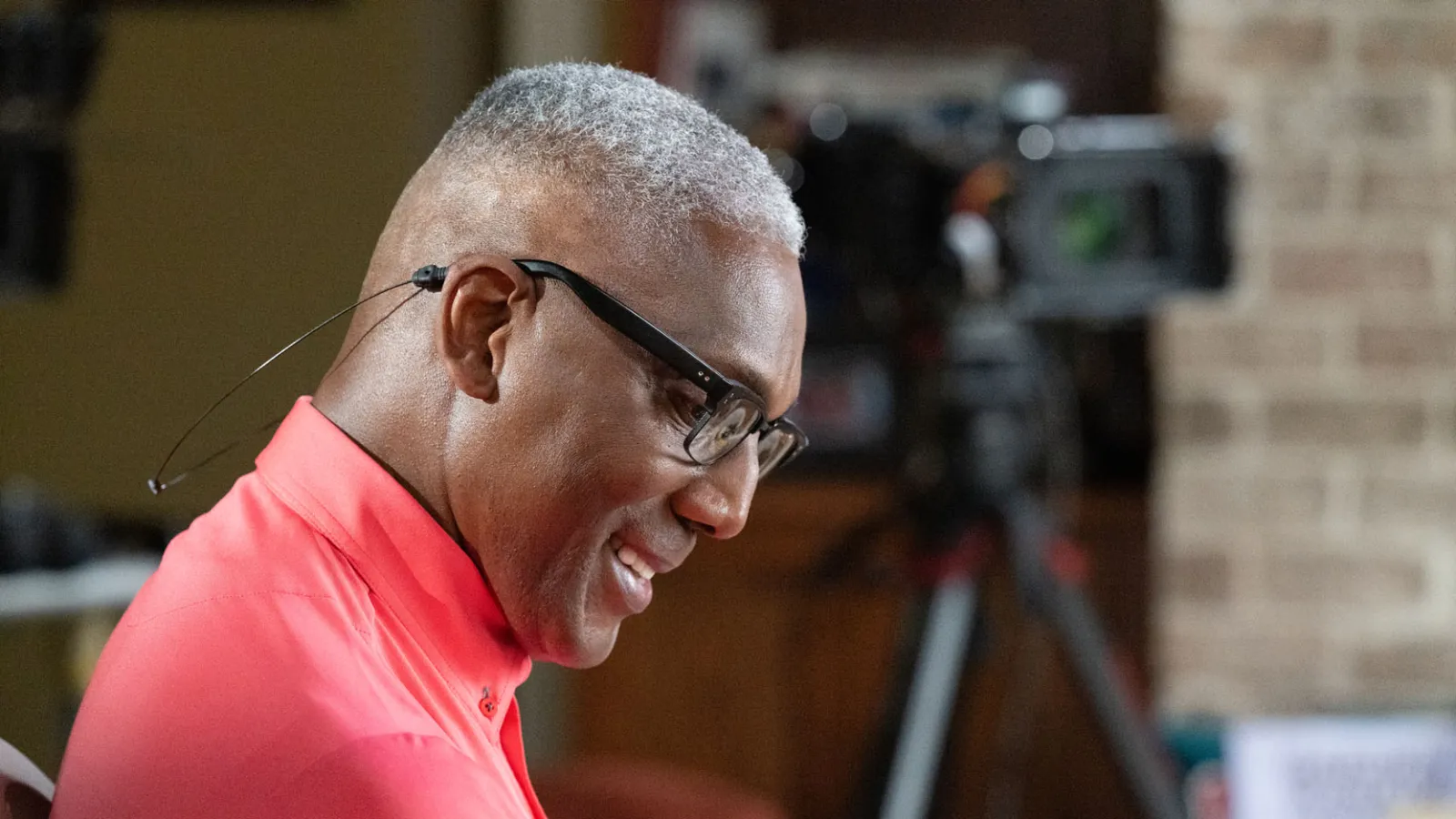
Celebrating the Legacy; Army Chaplain Corps Anniversary
Today, we're celebrating the anniversary of the Army Chaplain Corps, an essential part of our military history. Since its establishment on July 29, 1775, by the Continental Congress, the Chaplain Corps has been there to support the spiritual, moral, and emotional well-being of our soldiers.
The Chaplain Corps got its start during the American Revolutionary War. The Continental Congress realized soldiers needed spiritual guidance and moral support, so they appointed chaplains to join the troops. Since then, chaplains have been a constant presence, offering comfort and strength through all kinds of challenges.
What do Army Chaplains do?
The main mission of the Army Chaplain Corps is to provide religious support, making sure soldiers and their families can practice their faith freely. Here’s what they do:
- Religious Services: Chaplains conduct worship services, officiate ceremonies, and administer sacraments, meeting the diverse religious needs of the Army community.
- Pastoral Care and Counseling: They offer a listening ear and a compassionate heart, helping soldiers with personal, family, or spiritual issues.
- Ethical and Moral Leadership: Chaplains guide soldiers in making ethical and moral decisions, aligning their actions with their values.
- Crisis Intervention: In times of crisis, chaplains are often the first responders, offering comfort and stability to soldiers and their families facing trauma, loss, or hardship.
The Chaplain Corps Today
Today, the Chaplain Corps is as relevant as ever. Modern chaplains are trained in mental health, crisis intervention, and conflict resolution. They serve in all kinds of environments, from traditional places of worship to remote outposts and even virtual spaces, ensuring no soldier is left without support.
A big advancement has been the inclusion of Religious Affairs Specialists. These enlisted personnel provide crucial administrative and logistical support, allowing chaplains to focus on their pastoral duties.
From the Civil War to World War I, and from World War II to modern conflicts in the Middle East, chaplains have been right there, providing prayers, conducting services, and offering counsel. They serve soldiers of all faiths and those without any, showing compassion, respect, and understanding.
Share